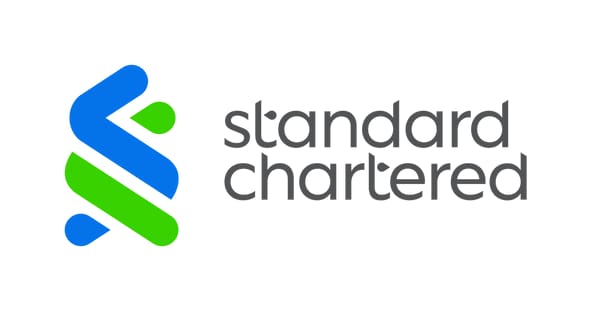Gohar Ejaz Highlights Record Rs5.83tr Tax Collection, Warns of Rising Burden on Salaried Class
ISLAMABAD: Pakistan’s income tax collection surged to a record Rs 5.83 trillion in fiscal year 2024–25, up sharply from Rs 4.57 trillion a year earlier — but the historic jump has triggered public resentment and debate over fairness in taxation, as both salaried individuals and the business community complain of a rising burden.
This was stated by Gohar Ejaz chairman Pakistan Economic Policy and Business Development (EPBD) Think Tank.
According to official figures shared by Ejaz, the government attributes the unprecedented rise to improved compliance and a broadened tax base. However, economists and taxpayers warn that the increase has come at the cost of uneven pressure on wage earners and formal businesses, while large segments of the informal economy remain untaxed.
Out of the total collection, Rs 575 billion came from salaried individuals, up from Rs 364 billion in fiscal year 2023–24 — a surge of over 57 percent, making the salaried class one of the hardest-hit segments. In comparison, the business sector — comprising corporations, private limited firms, banks, foreign companies, small enterprises, and Associations of Persons (AOPs) — collectively contributed nearly Rs 5.3 trillion, compared to Rs 4.1 trillion a year earlier.
Within this, private limited companies led the pack, paying Rs 1.36 trillion, followed by banking companies at Rs 930 billion, listed firms at Rs 867 billion, and AOPs at Rs 214 billion. Other individuals outside the salaried category contributed Rs 1.12 trillion.
Despite the higher inflows, critics say the tax system remains heavily tilted toward compliant sectors, warning of long-term economic distortion and fatigue among taxpayers. Calls are growing for a more balanced and sustainable tax framework, particularly as the government projects that Pakistan’s total tax-to-GDP ratio — including direct, indirect, petroleum levy, and provincial taxes — will cross 15 percent in FY 2025–26 for the first time in decades.
He caution that without structural reforms to bring untaxed sectors into the net, the government’s revenue drive risks undermining economic confidence and growth, even as it delivers record collections on paper.
















